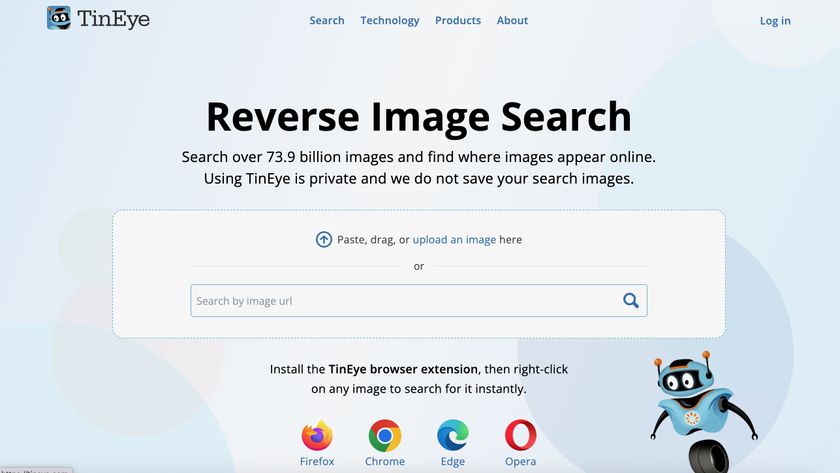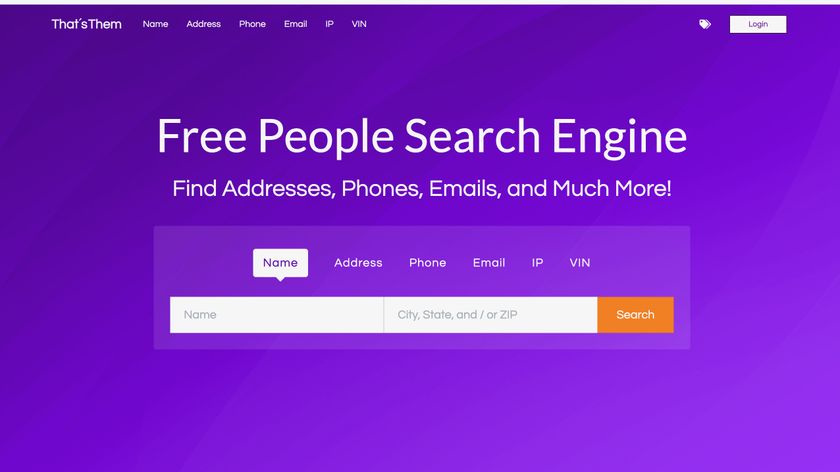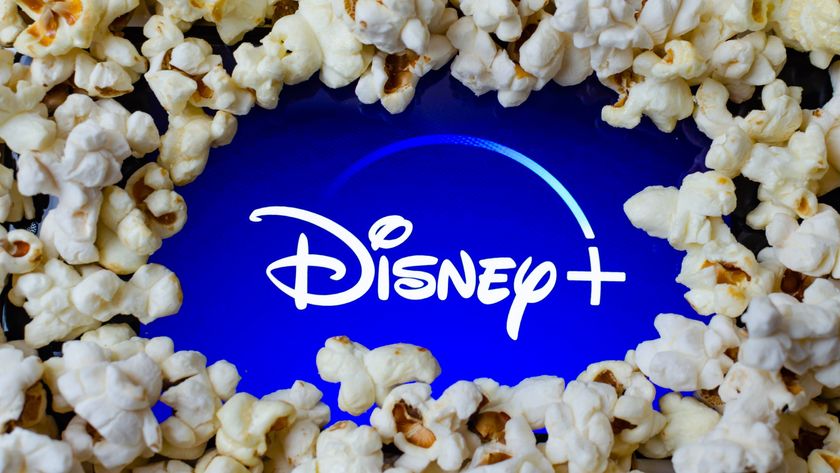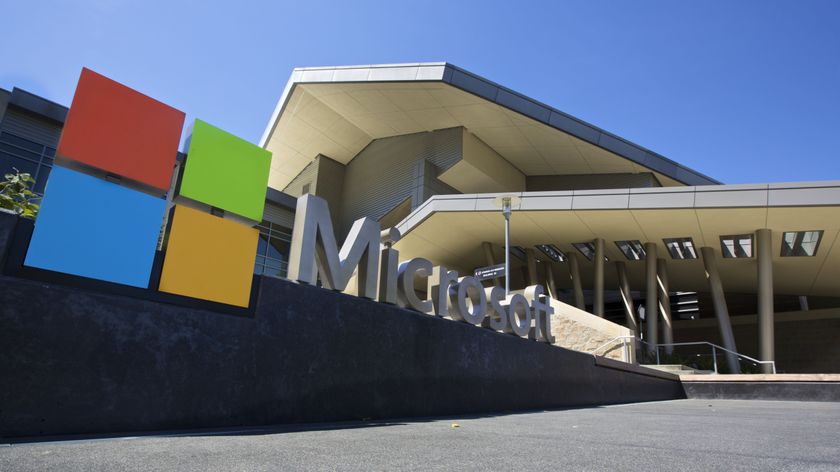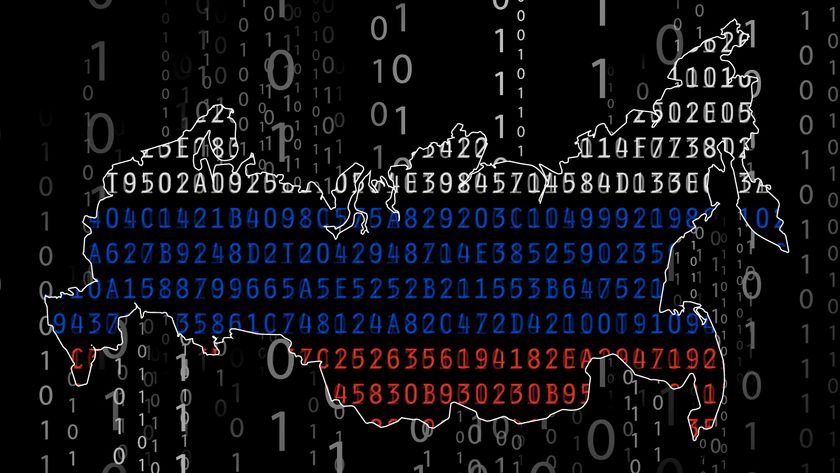Is 'utopian' blockchain tech doomed to fail?
Could the blockchain end up being used for competitive advantage?

It was supposed to free us all from tyranny, let us all gain control of our private data, and digitally lock our medical records away. It's been talked up as a 'missing link' technology that can join up government services, revolutionise banking, and even make the internet 100% secure.
Blockchain technology creates high-integrity databases, the contents of which cannot be tampered with without leaving evidence, and so can be trusted by all that share it (hence its use by Bitcoin). So its potential to change the world we live in is immense. However, there are fears that the technology's ability to create transferable digital identities could simply be used for competitive advantage rather than for public good.
Enter AirBnB
Home rental app AirBnB recently hired a team of Bitcoin and blockchain experts, probably to figure out how its user profiles could be made universally readable, and become people's de facto digital identities.
That sounds like a money-spinner, but could it mean a future where the likes of AirBnB, Facebook, Google, Apple et al – as well as banks and governments – use blockchain to create walled gardens of digital identities, purely for profit?
Instead of decentralising social media, blockchain tech could be used to lock us in to one internet brand forever. And isn't that the complete opposite of blockchain's core values as open source and decentralised?

Identity land grab
The blockchain is often painted as being able to create shared, decentralised public records, but even using that progressive definition, it still requires a starting point. "AirBnB hiring blockchain coders makes sense," says Dave Hrycyszyn, director of strategy and technology at digital agency Head, adding that: "Tech companies make money by putting themselves at the centre of an ecosystem, which becomes indispensable to its users."
Think Microsoft Office in the corporate world, Google's search engine, and Facebook's quest to dominate everything we do. The next land grab is digital identity, for which the internet has always lacked a universally accepted norm.
Are you a pro? Subscribe to our newsletter
Sign up to the TechRadar Pro newsletter to get all the top news, opinion, features and guidance your business needs to succeed!
Delegated authority
"Probably the closest thing we've got is the kind of delegated authority we get from OAuth – aka 'log in with Twitter', 'log in with Facebook', and 'log in with Google'," says Hrycyszyn.
AirBnB is attempting to go beyond OAuth and make a play for ownership of an internet-wide identity and micro-payments ecosystem. "It's an ambitious play, and it could have serious privacy implications if it succeeds," says Hrycyszyn, who thinks that if it's a profitable move, then we can expect every other major internet brand to try something similar.
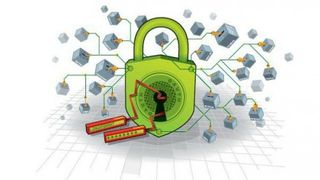
Will Facebook follow?
Almost certainly, but it's important to remember regulatory requirements. "Facebook will need to ensure the real world identity of their 1.5 billion users at some point, so they need to solve the problem somehow if they are to be compliant with the various regulations across the globe," says Gareth Stevens, Head of Proposition Development at GBG, which verifies the identity of over half the world's population.
Banks, who fear that their role as arbiter of finance is threatened by the decentralised nature of blockchain technology, are nevertheless likely to use 'walled garden' blockchains internally to slash costs. Blockchain as a tech solution will be used to solve specific problems rather than to create some kind of global nirvana-like internet.
Mythical status
"Blockchain technology is currently so specialised and inaccessible that it's unavailable to most people, even highly technical ones, so it takes on a kind of mythical status," says Hrycyszyn. "Blockchains are supposed to replace our monetary systems, free us from surveillance, fix the economy, get musicians paid for their work, and probably cure cancer, too."
Blockchain, it seems, is racing up to the top of the hype cycle; you could compare it to the internet in the late 1990s.
"By creating a single digital identity on the blockchain, all citizens' information and transactions are stored securely," explains Stevens. "And this makes processes such as tax returns and renewing passports seamlessly simpler, as people can request documents without having to type their details in time and time again – it's just another 'stamp' on the blockchain."
Jamie is a freelance tech, travel and space journalist based in the UK. He’s been writing regularly for Techradar since it was launched in 2008 and also writes regularly for Forbes, The Telegraph, the South China Morning Post, Sky & Telescope and the Sky At Night magazine as well as other Future titles T3, Digital Camera World, All About Space and Space.com. He also edits two of his own websites, TravGear.com and WhenIsTheNextEclipse.com that reflect his obsession with travel gear and solar eclipse travel. He is the author of A Stargazing Program For Beginners (Springer, 2015),
